Islay, England_History of whiskey and manufacturing process
- Tuesday, November 18 2008 @ 03:31 PM JST
- Contributed by: tetujin60
- Views: 5,057

Floor malting
scotland
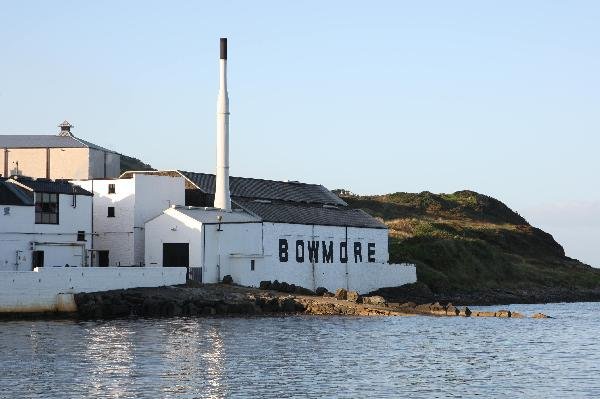
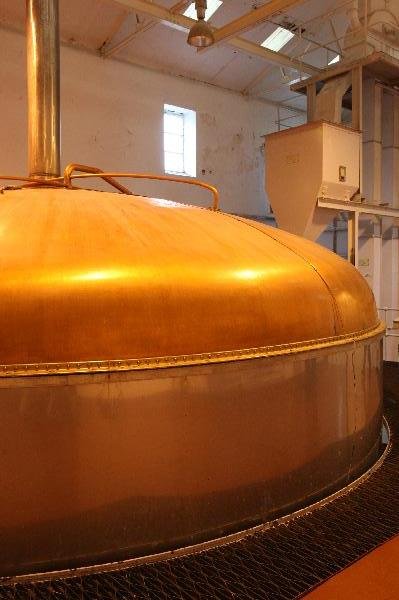
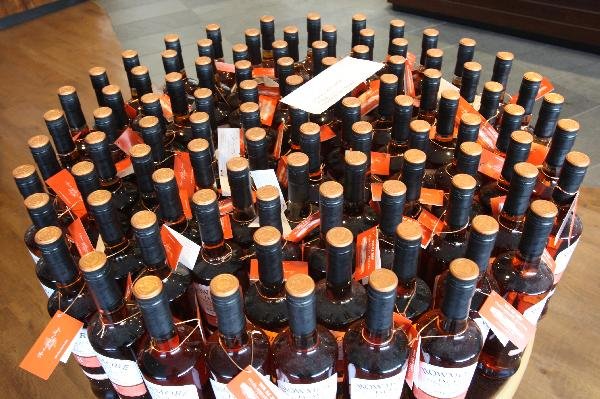
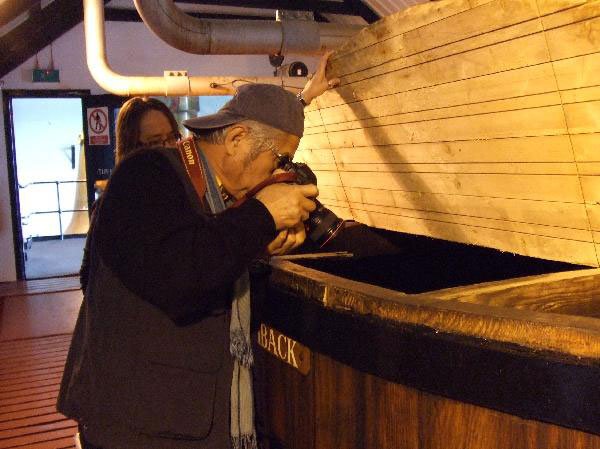
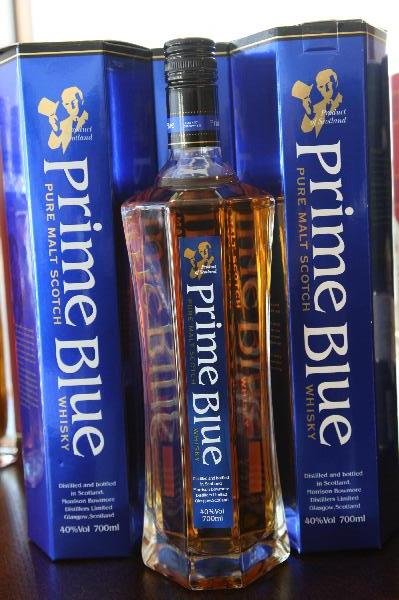
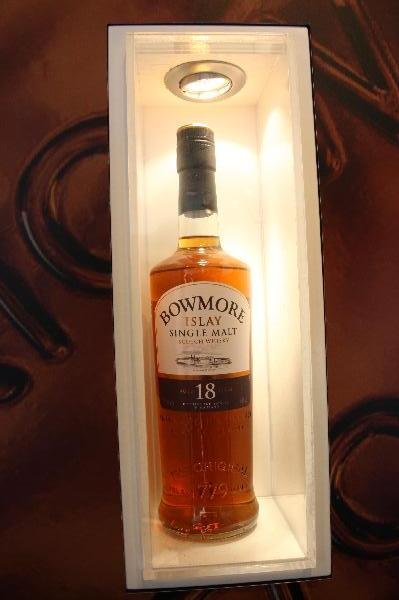
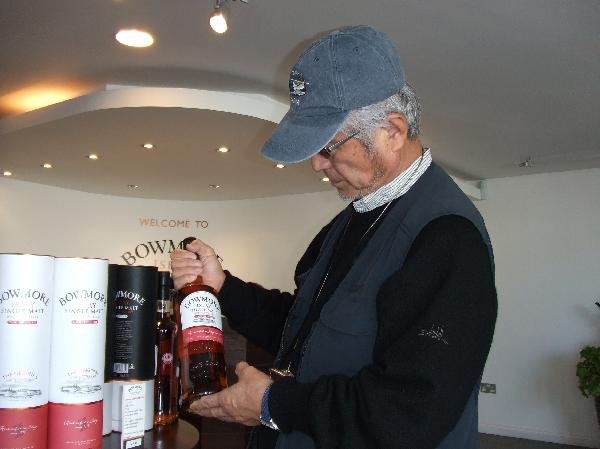
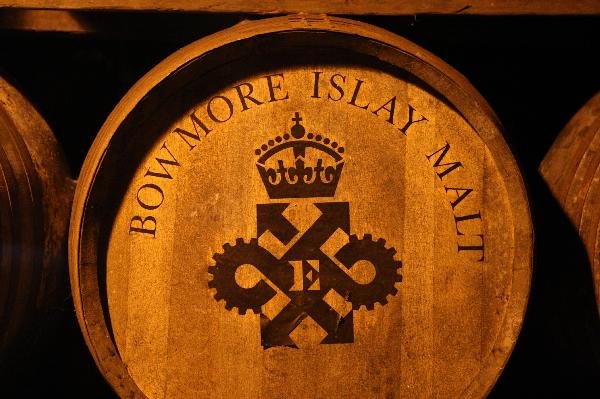
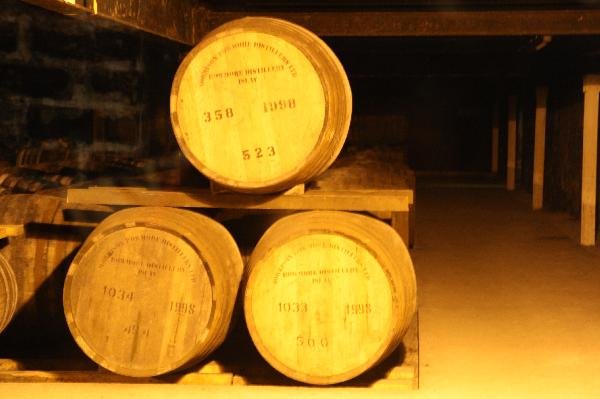
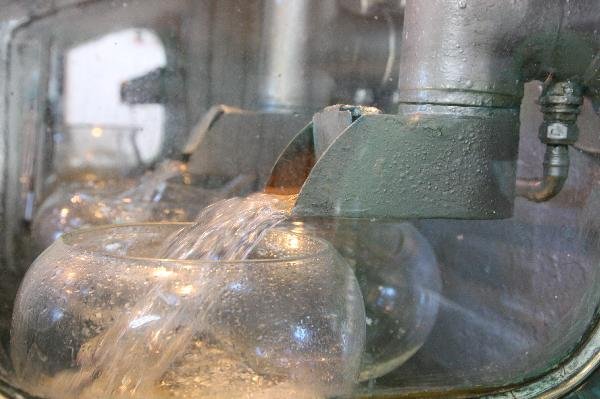
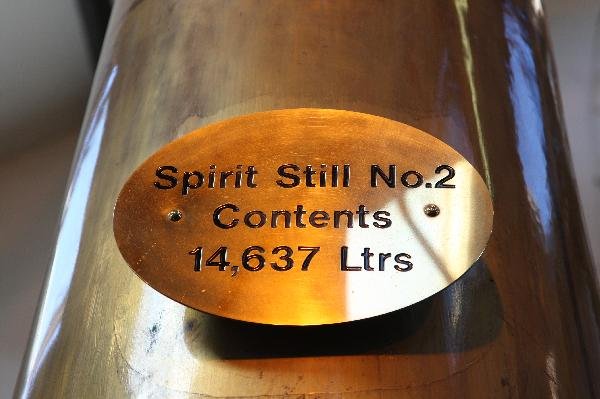
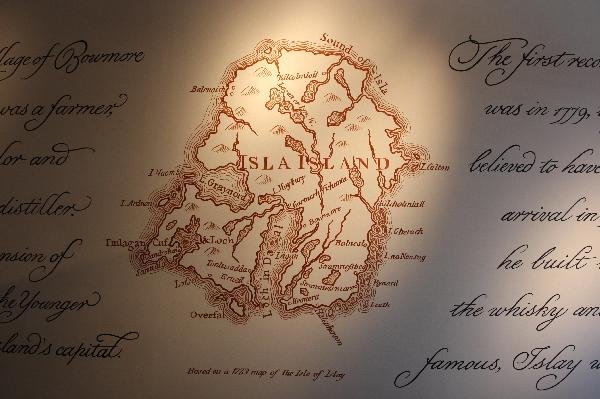
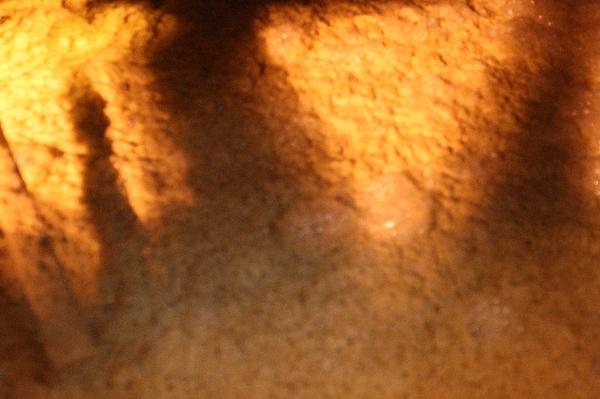
5
Aging
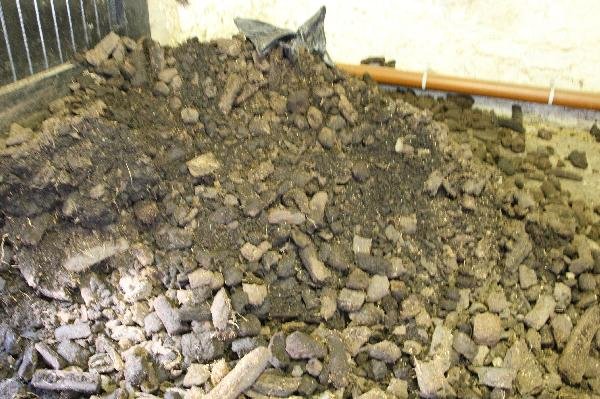
4
Distillation
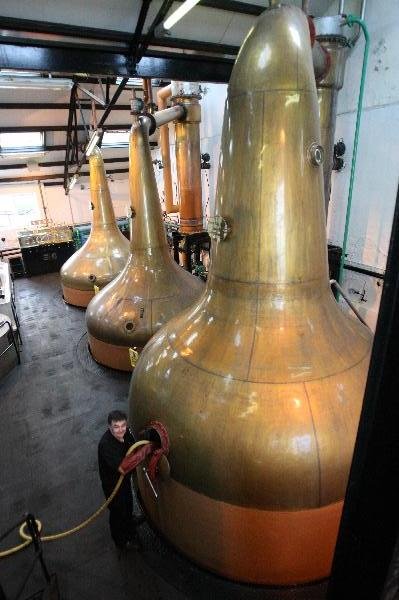
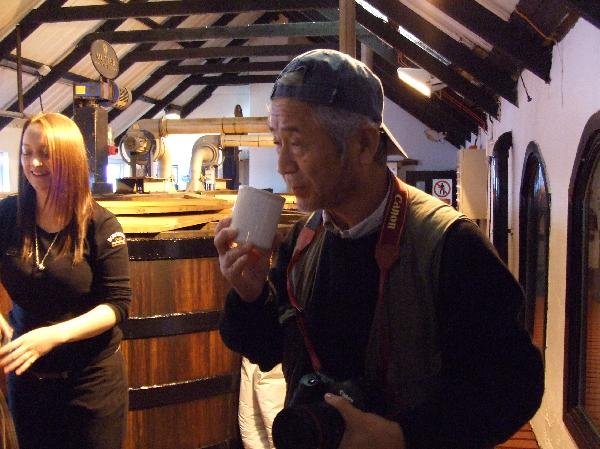
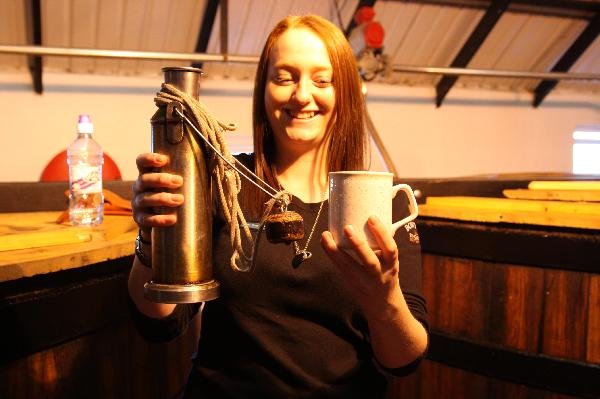
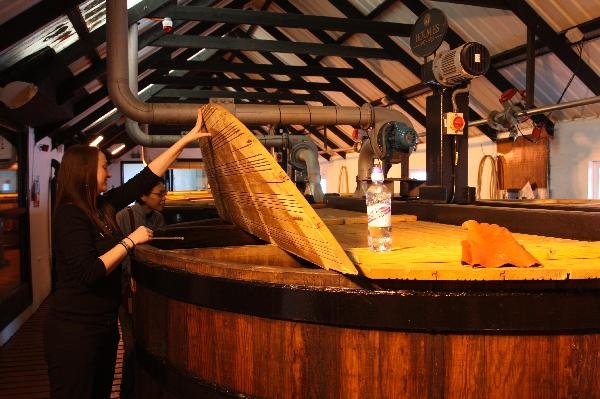
3
Fermentation
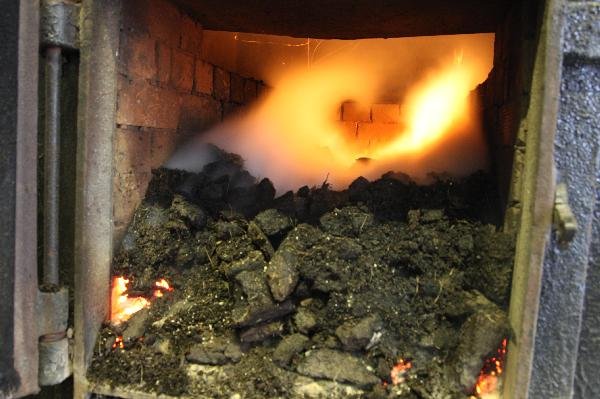
Mashing
2
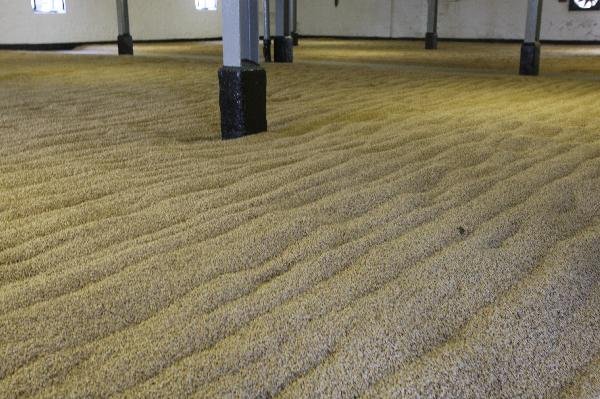
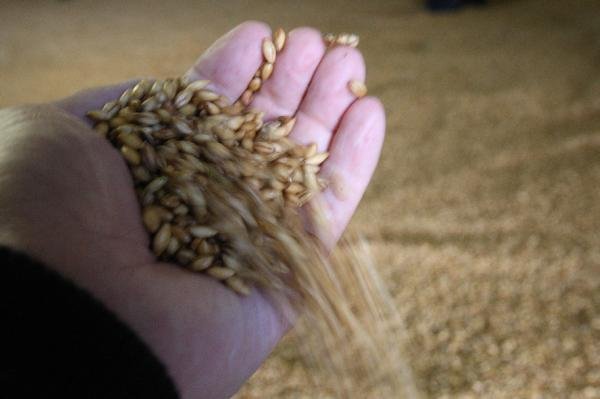
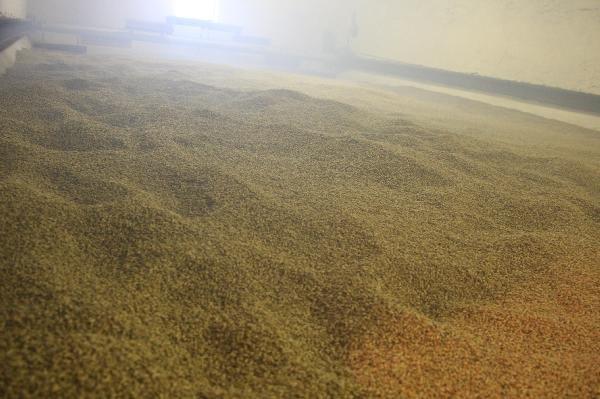
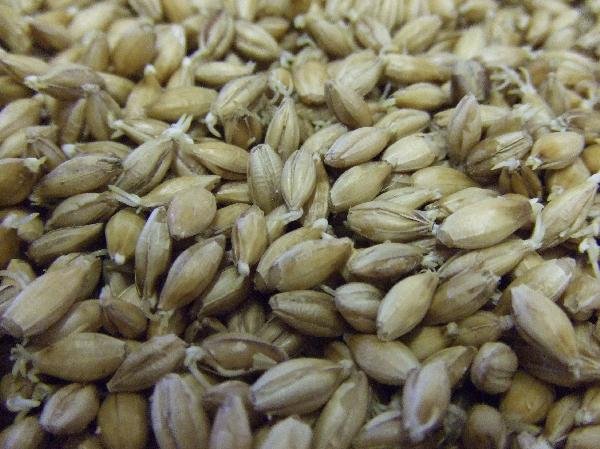
1
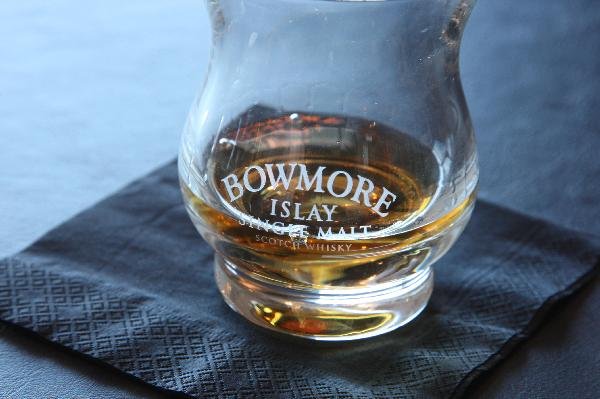
Malting
Distilled in a wash pot still (copper) distiller. The shape of the pot still differs depending. on the distillery. This is quite interesting. The individuality of whiskey is born by that shape. Miscellaneous components are removed by redistilling the liquid once taken out. The undiluted sake is transparent (65 to 70 degrees) and has a high aroma. Sort with a beaker near the pot still. Sort the first and last parts of the second finished spirit and send it to the distillation pot again. Use only the center cut liquid
BOWMORE Distillery
Put the wort in a fermentation barrel (Oregon, pine lumber, Fallen pine 5m x 10m). When yeast is added, it is decomposed into alcohol and carbon dioxide. It feels like a huge tub is filled with beer. Tasting a beer-like liquid in a room filled with alcohol. Pump it out of the barrel and give it to me. It feels like smoky beer and sparkling wine.
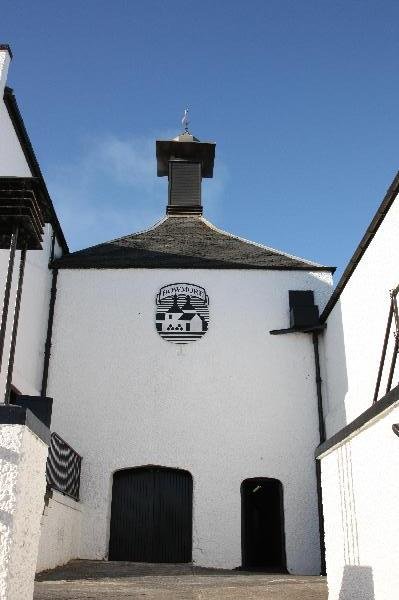
The dried malt is roughly ground, medium-sized, and powdered with a machine called malt mill and mixed with warm water. In order to make wort with a high sugar content, the enzyme generated at the time of germination decomposes the starch in the malt into sugar.
Bowmore Distillery tour
Manufactures distilled liquor from wort in the 13th and 14th centuries. Moonshine begins around the 17th century. Hiding in the mountain village, using the clear stream of the mountain for preparation. Use Pete as fuel and store, sake in barrels to make whiskey.
Until whiskey (malt raw liquor) is made
The whiskey in the barrel, which is made by stuffing colorless and transparent raw sake into barrels used for bourbon and sherry, evaporates by 2% a year. This steamed portion is from the barrel called "Angel Share". The scent and pigments dissolve and the whiskey gradually turns amber. After a long period of aging, the finished whiskey is bottled for blending or as a single malt. (40 degrees) Whiskey is legally required to be aged for 3 years. Single malts that have been aged for 8 years or more.8
